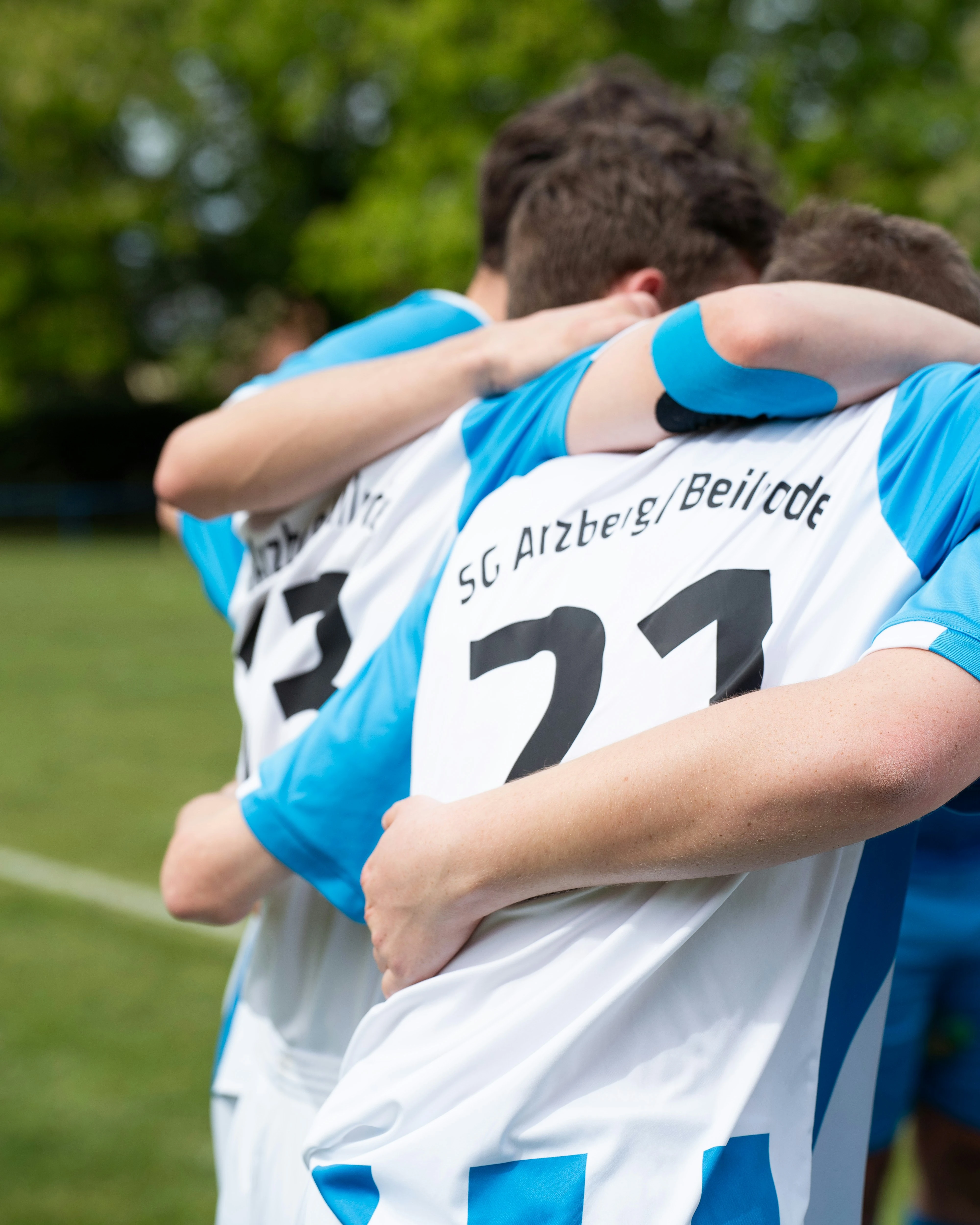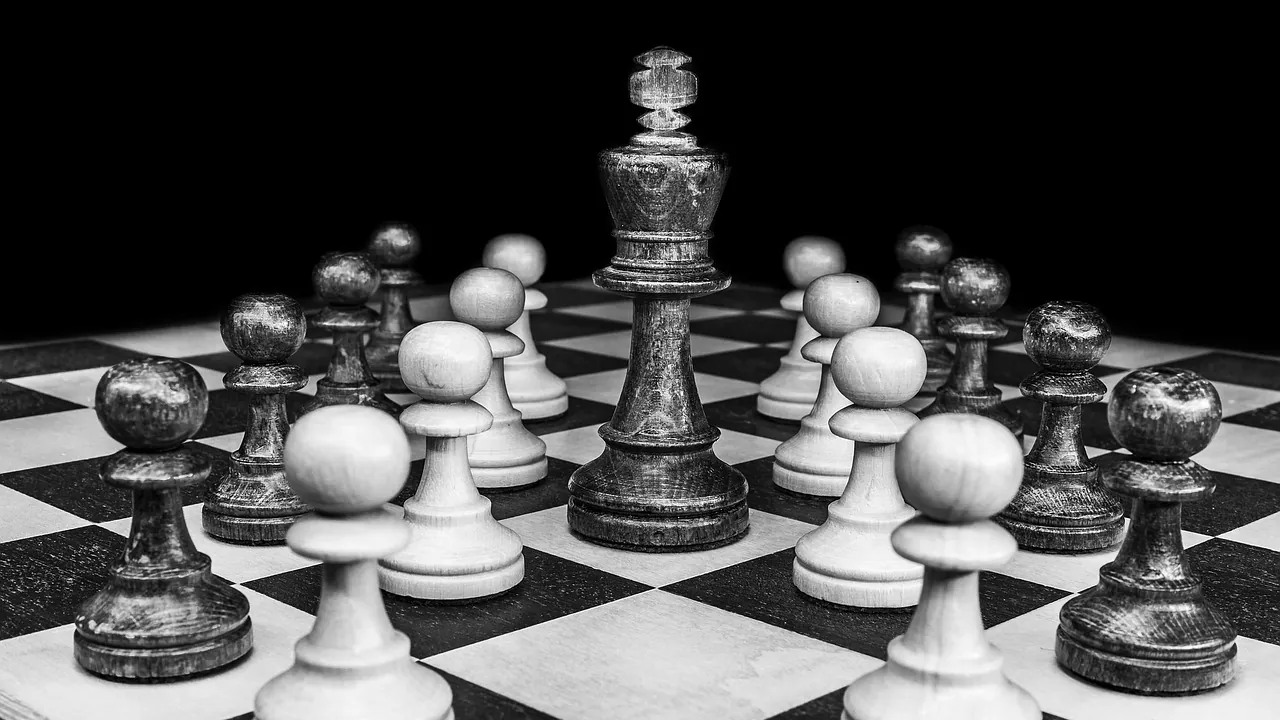teamwork benefits versus anxiety challenges in youth esports

The Dual Nature of Esports: Teamwork and Anxiety
As the popularity of esports continues to soar, a growing number of young gamers are diving into this digital arena. While esports can offer incredible opportunities for teamwork and skill development, it can also pose risks to mental health, including anxiety and burnout. This article delves into how participating in esports affects the mental health and social skills of young gamers, weighing the potential benefits against the risks.
The Rise of Youth Esports
Esports has rapidly evolved from a niche hobby to a mainstream phenomenon. With tournaments drawing millions of viewers and offering substantial prize pools, many young players aspire to be part of the action. Schools and communities are increasingly recognizing esports as a legitimate extracurricular activity, akin to traditional sports.
Consider Emily, a 15-year-old who joined her school's esports club. She was drawn by the competitive aspect and the chance to improve her gaming skills. Her participation not only helped her develop a strategic mindset but also taught her how to collaborate with teammates towards a common goal.
The Benefits of Teamwork in Esports
One of the most significant advantages of esports is its capacity to foster teamwork. Games like League of Legends or Overwatch require players to work together strategically to win matches. This collaboration can translate into valuable life skills.
- Communication Skills: Effective communication is crucial in any team-based game. Players must articulate their strategies clearly and respond to teammates' calls swiftly.
- Problem-Solving Abilities: Esports teams often encounter rapidly changing situations that require quick thinking and adaptability.
- Leadership: Certain roles in games require players to step up as leaders, making real-time decisions that can impact the entire team's performance.
A practical tip for fostering teamwork is regular debrief sessions post-games. Teams can discuss what strategies worked, which didn’t, and plan improvements. This reflective practice not only boosts performance but also strengthens team bonds.
Anxiety and Burnout: The Double-Edged Sword
Despite its benefits, the competitive nature of esports can lead to mental health challenges. Young players may experience stress due to high expectations from peers and parents or self-imposed pressure to perform well.
Take the case of Jack, a 17-year-old who excelled in his team but gradually felt overwhelmed by the constant need to maintain high rankings. His love for gaming turned into a source of anxiety, affecting his sleep and academic performance.
Recognizing Signs of Anxiety in Esports
Anxiety in esports can manifest in various ways:
- Performance Pressure: The need to constantly perform at peak levels can lead to significant stress.
- Fear of Failure: Players may dread letting down their team or losing games, which can exacerbate anxiety symptoms.
- Social Anxiety: The expectation to communicate effectively in team settings can be daunting for some players.
Addressing Mental Health Challenges
To mitigate these issues, it's essential for parents, coaches, and players themselves to recognize and address the signs of anxiety and burnout early on. Here are some strategies:
- Create a Supportive Environment: Encourage open conversations about mental health and normalize discussing stress and emotions related to gaming.
- Set Realistic Goals: Help players set achievable goals that focus on personal growth rather than solely winning.
- Promote Balance: Encourage a healthy balance between gaming, academics, social life, and physical activity to prevent burnout.
The Role of Coaches and Parents
Coaches and parents play a pivotal role in shaping the esports experience for young gamers. Their support can help manage stress and promote positive gaming habits.
- Regular Check-Ins: Establish regular meetings where players can discuss their feelings and any issues they're facing.
- Mental Health Resources: Provide access to mental health resources or professionals who can offer guidance when needed.
For instance, Emily's coach introduced mindfulness exercises during practice sessions. These exercises helped the team stay focused and reduce anxiety before important matches.
Building Resilience Through Esports
The challenges faced in esports are not unlike those encountered in other competitive arenas. By addressing these challenges constructively, young gamers can develop resilience—a crucial skill both in gaming and life.
Developing Coping Strategies
Coping strategies are essential for managing stress and maintaining mental well-being. Here are some effective techniques:
- Meditation and Mindfulness: Regular mindfulness practices can help players stay grounded and manage their stress levels.
- Time Management: Teaching young gamers how to manage their time effectively ensures that gaming doesn’t interfere with other responsibilities.
A useful practice is maintaining a gaming journal where players note down their experiences and emotions related to gaming sessions. Reflecting on these entries helps identify patterns and areas needing attention.
Navigating Social Dynamics in Esports
The social aspect of esports can be both rewarding and challenging. On one hand, it allows players to connect with others who share similar interests. On the other, online interactions sometimes lead to negative experiences like cyberbullying.
Cultivating Positive Online Communities
Creating a positive online environment is vital for promoting healthy social interactions. Here are some steps:
- Establish Community Guidelines: Clear rules about respectful behavior can deter negative interactions.
- Encourage Positive Reinforcement: Celebrate achievements together and encourage players to support each other's growth.
An effective way to build community is through forums or Discord channels where players share tips, celebrate victories, and form friendships beyond just gaming.
The Future of Youth Esports
The future of youth esports lies in balancing competitive edge with mental wellness. By prioritizing mental health alongside skill development, we can ensure that young gamers not only thrive in their esports careers but also carry these valuable skills into adulthood.





